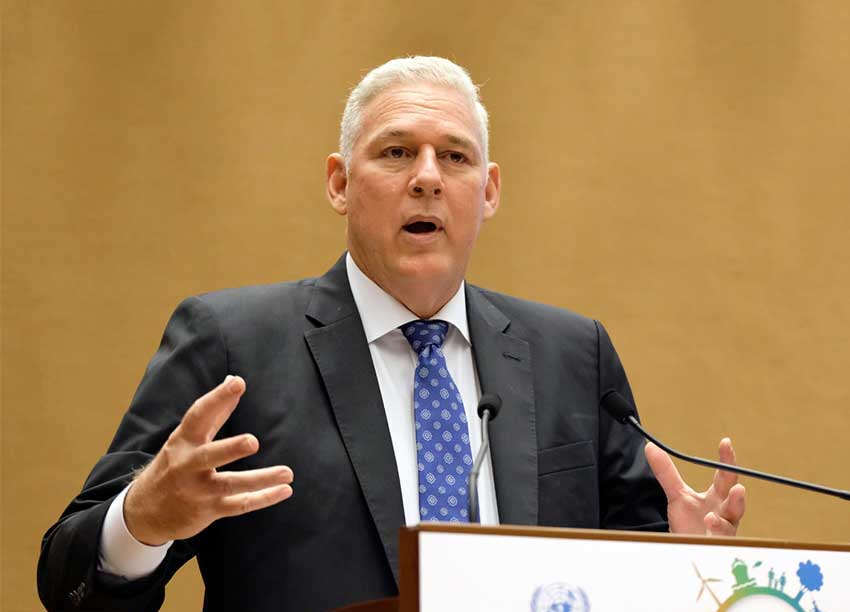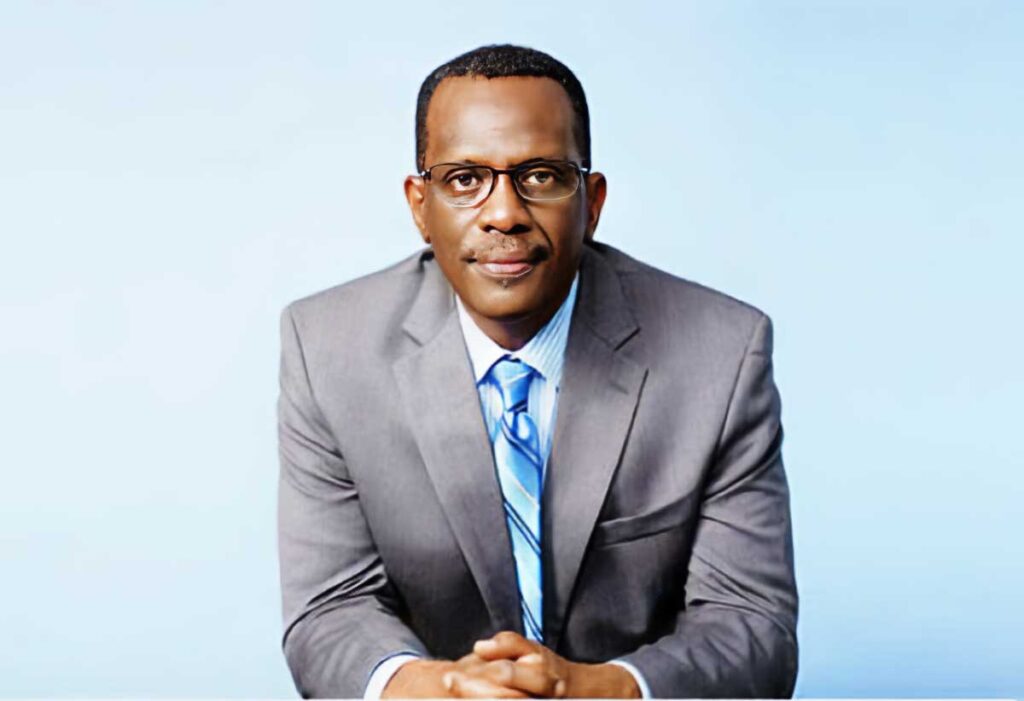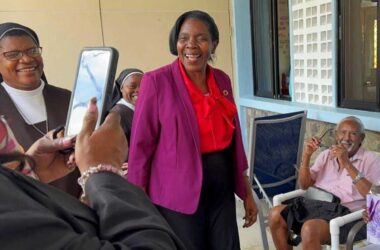
Prime Minister Philip J Pierre has chastised the opposition for failing to adhere to regulatory parliamentary procedures pertaining to the order of presentation by members of parliament (MP) to the Laying of the Estimates of Revenue and Expenditure in the Lower House of Parliament.
The debate on the Estimates of Revenue and Expenditure for the Financial Year 2023- 24 commenced on March 28, but there was some dispute as to the order of delivery for the Opposition Leader.
PM Pierre noted that it was important to respect the House of Assembly conventions to preserve the integrity of Saint Lucia’s most august decision making chambers. According to parliamentary procedures, it is customary that the Leader of the Opposition delivers his presentation immediately following the Prime Minister and Minister of Finance’s presentation of the Laying of the Estimates and the Budget Summary to the House.
Over the past decades this speaking sequence has been the regulatory procedure implemented in the lower house. However, the norm for this procedure was changed in 2017, when the United Workers Party (UWP) administration took office.
Subsequently, five years later, in 2022, the current administration restored the procedure to normalcy. Reports indicate that each MP was provided with a copy of the document at least five days before commencement of the debate.
“The convention of this Honourable house is that when the Minister of Finance delivers the Estimates (of Expenditure) …the Leader of the Opposition responds the day after,” PM told legislators, Wednesday.
“That has been the convention of this House … this year, the estimates were given three to five days before the meeting of this Honourable House, which is not what happened before,” he explained. “Before, the estimates were given on the weekend, Saturdays …and we debated on Tuesdays. And the Leader of the Opposition always responded.”
Referring to vacant seats on the opposition side of the Lower House for this matter of national significance, PM Pierre contended: “It has never been the convention of this House for the Prime Minister’s speech to be circulated, because the speech is based on the Estimates and not the policy of the government.
“When the government’s policy is going to be discussed in April, the speech is made available immediately after. It has never been the convention …so, to use the excuse that there is no speech available …the leader of the opposition is failing in his duty to the people of Saint Lucia, he is failing in his duty to the tax payers of Saint Lucia and it must be noted that these games with the people’s finances must stop,” Pierre said.
Meanwhile, Speaker of the House Claudius Francis weighed in on the matter, stating that there are differences in the presentation of the Throne Speech, as opposed to the debate on the Estimates of Expenditure.

Said Francis: “There seems to be a misunderstanding about the Throne Speech, the Estimates and the Appropriation Bill. The Appropriations Bill in the Estimates is what we normally refer to as the budget, There’s nowhere in the constitution of our laws that the word budget is used, it’s really the Estimates of Revenue and Expenditure, which is debated first.”
He said, when this motion is passed in the Lower House it gives rise to what is called the Appropriations Bill.
“So, the Estimates when they are passed is the amount of money that the government is authorised to spend in a financial year,” Francis explained.
He added, “The Appropriations Bill gives the Minister of Finance the authority to start using that money.”
The Francis further stated that the Throne Speech heralds the new opening session of parliament.
“So you open a session of parliament with the Throne Speech, whether immediately after a general election or following the proroguing of parliament,” noted Francis. “The Constitution in section 54 does not tell you the length of a session. What is does tell you is that when a session is prorogued, the next sitting of the house cannot be later than 12 months after the last prorogation. There is nothing that says the Appropriations Bill must be done in the new session or the old session.”
[R.A].







![Amy Stephen [Photo credit: Community Tourism Agency]](https://thevoiceslu.com/wp-content/uploads/2026/01/Amy-Stephen-feat-380x250.jpg)





